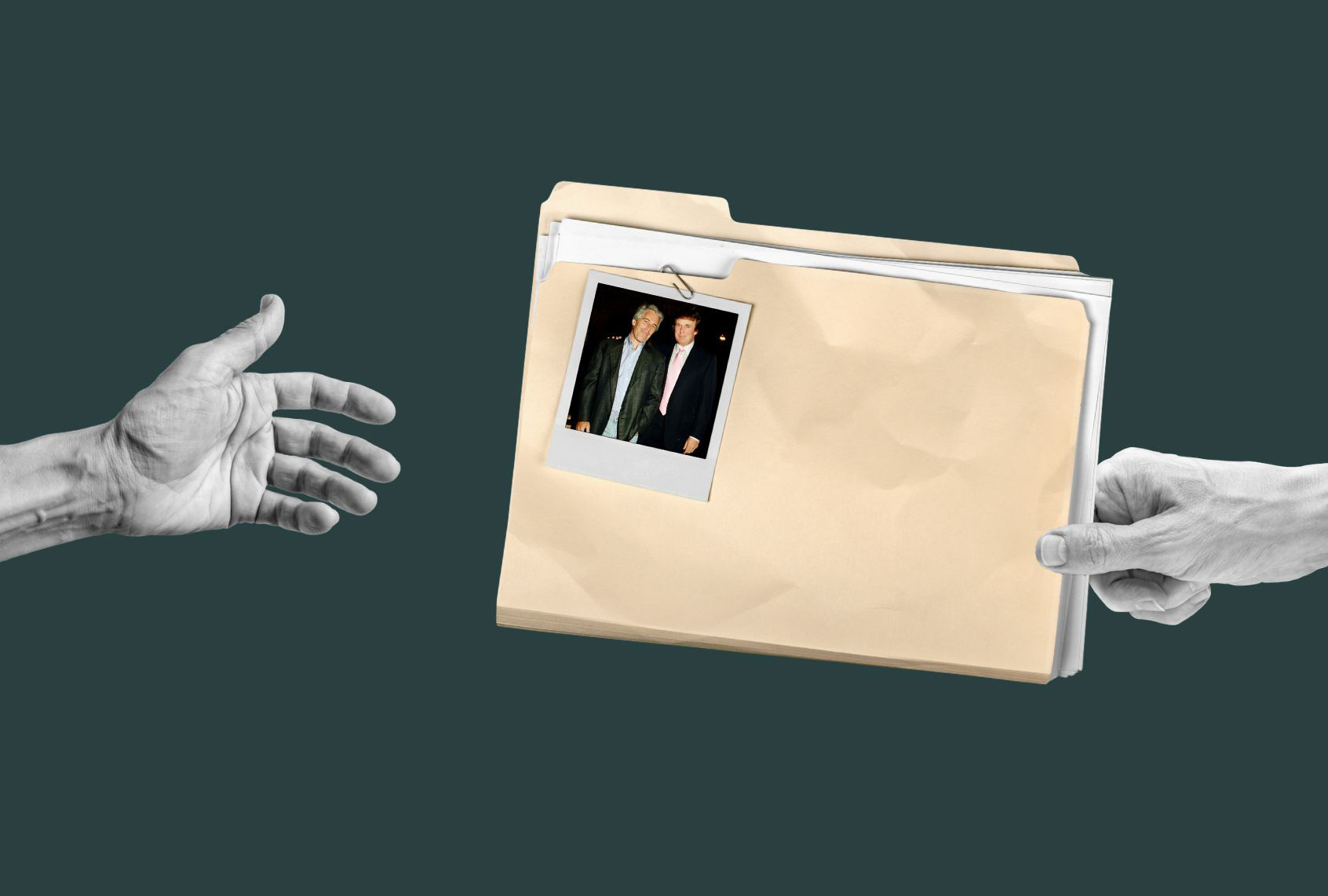With the release of the Epstein files looming, experts warn that the expected documents will only be the tip of the iceberg in what could turn into a decades-long fight over transparency.
The passage of the Epstein Files Transparency Act started a 30-day countdown to the release of records related to child sex trafficker Jeffrey Epstein and his associates by the Justice Department.
The text of the law, however, gives the Justice Department and the attorney general, Pam Bondi, significant discretion in deciding what exactly to release and what to withhold from the public.
The law allows the attorney general to withhold the release of files that “depict or contain” child sexual abuse material or contain images of death, physical abuse or injury, for example.
However, the law also gives the attorney general the power to withhold information that they believe would “jeopardize an active federal investigation or ongoing prosecution.” It also allows the department to withhold classified information, which is to be defined by a presidential executive order.
National security, however, provides the broadest justification for withholding information, with the law giving the attorney general the power to judge whether certain information poses a threat to national security. Given Epstein’s deep ties to both foreign governments and intelligence agencies, the umbrella of national security could potentially cover huge swaths of what the government knows about Epstein.
“It’s hard for me to understand why people don’t recognize this as the total scam it is.”
Ty Cobb, a former White House attorney, told Salon that he only expects the administration to produce a “few innocuous productions of things that everybody already knows, but no real meaty documents unless and until forced by a court.”
“It’s hard for me to understand why people don’t recognize this as the total scam it is. Trump never wanted any of these documents released, and they will not release them, at least ones that open doors that could lead back to Trump,” Cobb said.
We need your help to stay independent
Caren Morrison, a law professor at Georgia State University, agreed with Cobb, saying that she expects the administration to produce information that might be embarrassing to Democrats with connections to Epstein, but nothing related to Trump or other Republicans.
Morrison also questioned the intent of recent new investigations launched into Epstein and his relationships with Democrats like former President Bill Clinton and LinkedIn founder Reid Hoffman, noting that the statute of limitations for most federal crimes is five years. Epstein himself has been dead for more than six years.
“It’s kind of unclear — what could they be coming up with?” Morrison said.
Instead, the new law appears to be setting up a situation comparable to what happened with the records relating to the assassination of former President John F. Kennedy, following the passage of the President John F. Kennedy Assassination Records Collection Act of 1992.
The 1992 law established a process for the release of files related to the assassination, with the ultimate goal being full, or close to full, disclosure by 2017. What actually ensued was a lengthy battle between the National Archives, the FBI, the CIA and other agencies over what got released, with law enforcement agencies pushing to keep information related to the assassination a secret.
The 1992 law, however, gave researchers a legal framework for filing suit against the government over the release of files, as seen in the 2022 lawsuit against the Biden administration.
Similarly, the new Epstein law could be beneficial in future suits relating to the Epstein files, or with ongoing suits concerning the subject, like with Democracy Forward’s suit against the Trump administration from earlier this year.
As of Nov. 24, Judge Tanya Chutkan, who is overseeing the case, ordered that the recent law concerning the Epstein files did not make the issue moot, citing concerns the organizations cited about records documenting the handling of the files.
Start your day with essential news from Salon.
Sign up for our free morning newsletter, Crash Course.
In a statement to Salon, Skyye Perryman, the president of Democracy Forward, said the organization planned to “continue to use the courts to shine a light on what the administration is doing.”
“This is the first federal court ruling about the Trump-Vance administration’s cover up in handling the Epstein files, and the court acknowledged what we have long known: the Trump-Vance administration has been stonewalling in providing the public with information about how it is handling the Epstein files, including communications between Donald Trump and Epstein, as well as communications between federal agencies,” Perryman said.
One catch, Cobb noted, is that it’s possible, given the language of the new law, that a court may find that only members of Congress that have standing to bring such suits, which could in turn make the issue into a political, rather than a legal matter, once again.
“Certainly, neither the House or the Senate will represent the compelling interests of the people and do so,” Cobb said.
Read more
about the Epstein files


